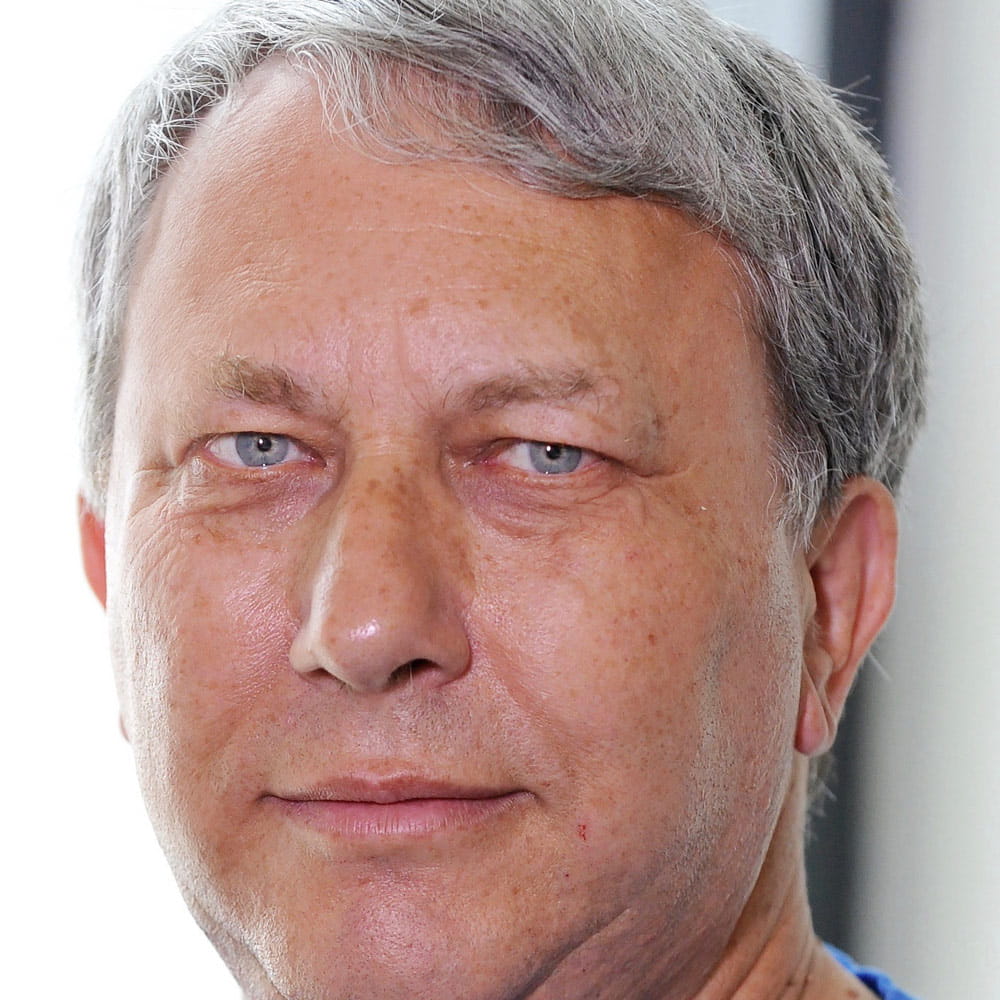Among the many massive consequences of COVID-19 is its highlighting of the fragility of public and patient involvement in health and social care research.
When we most needed the crucial evidence that comes from inclusive involvement, it wasn’t being collected. All the insights gained over the last 30 years seem to have been forgotten; the benefits lost of drawing on the knowledge and experience of people at the sharp end to maximise the effectiveness of policy and provision.
Instead, the unthinking assumption seemed to be that with such a medical emergency, there was no time to set about seeking the insights and understandings from people’s lived experience. We will never know how much this omission has cost in terms of lives, suffering, misdirected effort and public money.
The Health Research Authority has concluded: "The pandemic has exposed and exacerbated the lack of resilience of the place of public involvement in UK research, in which there are significant gaps in communication across the research system about the support available to the research community to involve the public. The lack of shared, high quality information about all aspects of public involvement limits its ability to become a core part of the way research is conducted in the UK rather than something which is ‘nice to have’." (HRA, 2021, p5)
Disabled people’s and service users’ organisations had long before come to this conclusion. As they reported at the time, little, if any, effort was made to involve those groups most at risk in the pandemic to contribute to developing policy, practice, or research priorities.
This was despite their requests to do so and although the experience of many, from living a life routinely "locked-down", could have offered very helpful insights into developing evidence-based policy and practice to combat resulting mental distress and other damaging effects.
While disabled people and other long-term service users and their organisations tried to report the problems they were experiencing and what was actually going on, they were ignored. It was only after pressure from disabled people’s organisations that data on the death rate for disabled people from COVID-19 was collected.
The adjusted results indicated that disabled men were nearly twice as likely to die as non-disabled men were, and disabled women were two and a half times more likely to die than non-disabled women were. The Office for National Statistics report suggests that these figures, if anything, are likely to be an understatement (Pring, 2020).
Happily, disabled people, service users, and their allies kept up the pressure by undertaking and getting support for their own research. Thus the two volumes that were published open access by Policy Press on COVID and Coproduction, first setting out some of the problems that were being highlighted by the pandemic and second exploring international initiatives that are overcoming them.
The lesson must be that inclusive involvement is not a fair weather friend, an add on, luxury, or as the HRA put it, something it’s "nice to have". It is crucial. Hopefully, the recent "blip" in commitment to such involvement will come to be seen as just a short term aberration.
References
Beresford, P. Farr, M. Hickey, G. Kaur, M. Ocloo, J. Tembo, D. Williams, O. (editors), (2021), COVID-19 and Co-production in Health and Social Care Research, Policy, and PracticeVolume 1: The Challenges and Necessity of Co-production, Open Access e Book, Bristol, Policy Press.
HRA, (2021), Public Involvement In A Pandemic: Lessons from the UK Covid-19 public involvement matching service, NHS Health Research Authority,
Pring, J. (2020) “Devastating” COVID deaths figures “show government breached disabled people’s right to life”, Disability News Service.
Williams, O. Tembo, D. Ocloo, J. Kaur, G. Hickey, M. Farr, M. Beresford, P. (editors), (2021), COVID-19 and Co-production in Health and Social Care Research, Policy, and Practice
Volume 2: Co-production: Methods and working together at a distance, Open Access e Book, Bristol, Policy Press.

